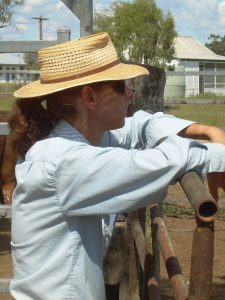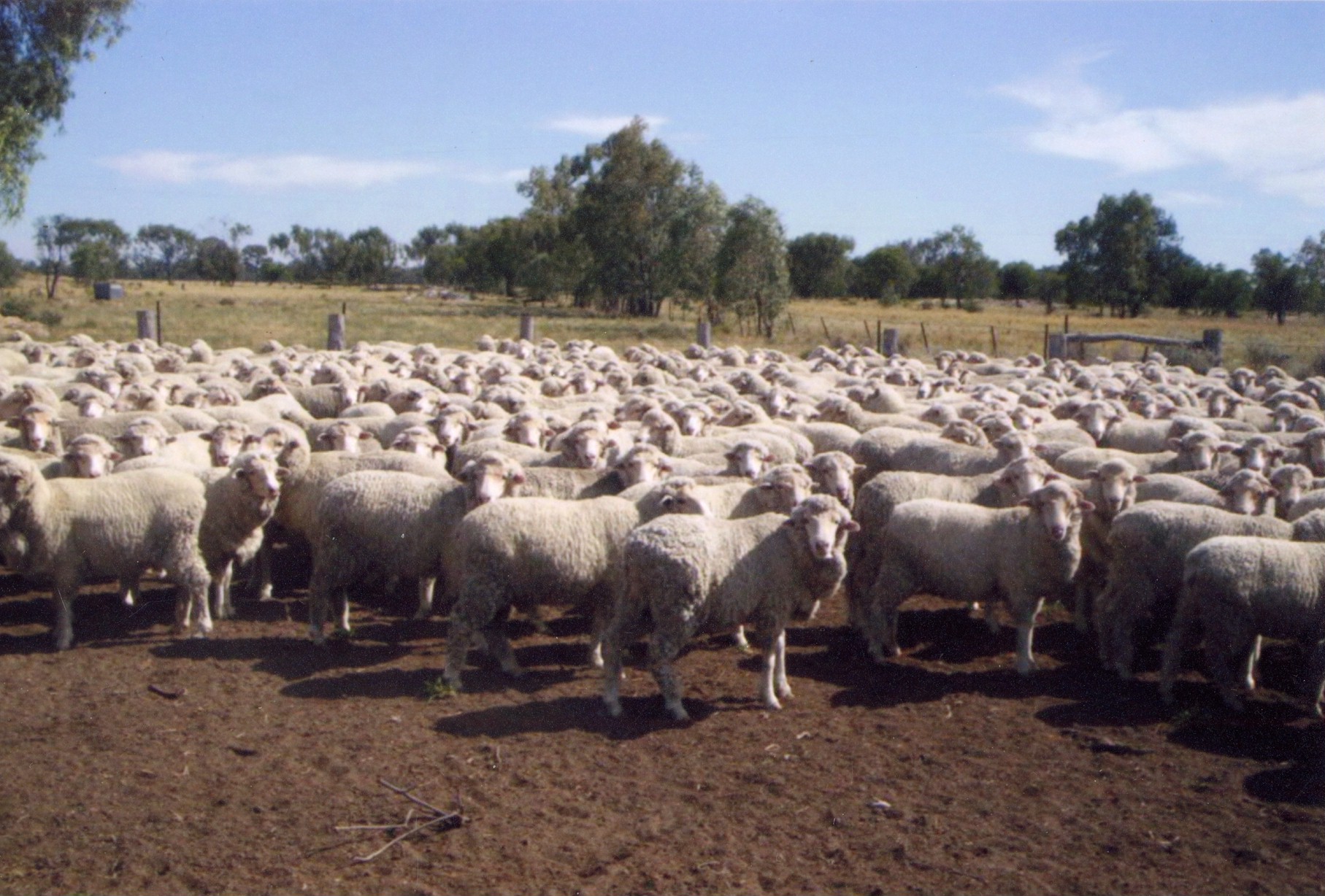As a fourth generation grazier and author living some 600 km northwest of Sydney my childhood was spent roaming the bush. Along with my brothers and sister we concocted stories and games, our outdoor adventures complimented by home lessons taught around the dining-room table with lessons sent through the mail from The Correspondence School in Sydney. A love of reading and an oral tradition of storytelling instilled by our parents complimented the unbridled freedom-both physically and mentally, of country life. The old droving adage, ‘the bush gives you too much time to think’ is true. Even now I find myself running through story concepts as I drive along creek banks and duck beneath the sticky webs of scuttling bush spiders. I have always used cinematic visualization when writing scenes and believe a strong sense of place is needed to cement a reader in the author’s world. For how can you fully engage your audience if they can’t hear the gentle lap of water or the whisper of wind through grass? Such attention to detail, born of the managerial aspect of rural life has made me attuned to every environment I encounter and been of tremendous assistance when scene setting regardless of location.
 On the farm.
On the farm.
I love the many forms of the written word and draw on my rural environment for inspiration regardless of whether I am writing in that context or conjuring descriptive verse. In the same way that a meditative mind finds peace my rural life has provided great clarity for my writing, regardless of the topic. Although I have been fortunate to have lived and worked overseas, my writing genre is tied to the Australian landscape. I’ve had a hands-on role in the management of my family’s property and it is this ‘day’ job that has allowed me to write authentically about both the bush that I love and the emotional attachment that many of us have for our extraordinary landscape.
The image of the pastoral industry as an idyllic (albeit harsh) existence, was perpetuated by artists such as Frederick McCubbin and described by icons such as Banjo Patterson. This rendering of Australia’s rural heritage into a romantic ideal has intrigued me from my earliest days and left an impression on my writing style. Yet when it comes to closing the study door and facing a blank computer screen my environment fades. An author may choose to draw on their surrounds however ultimately you must create a new world. Distance has made it difficult for me to be involved in writing groups or enjoy the luxury of talking to like-minded individuals on a regular basis; however in the end only you can create your story and as long as you have passion for your task you’ll succeed.

